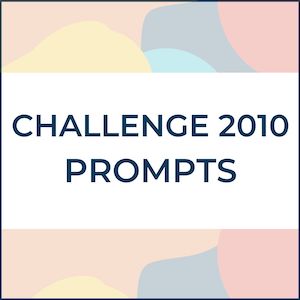1:16 Flash art comes organically when being open.
6:58 Flash fiction: creative, short, under 500 words.
12:28 Be specific in short flash fiction writing.
13:05 Editing is essential for shorter pieces.
17:37 Essential aspect of storytelling, representing a moment.
19:32 Facing fear, mystery, and self-discovery.
23:27 Enjoy working on soliloquies and rants in writing.
26:56 Background, training influence the form of writing.
29:13 Accessing your authentic voice is essential.
33:08 Writers adapting to shorter work during pandemic.
36:51 Creativity can flourish without lofty goals.
41:05 Distraction in the world, set timer, create.
43:12 First book on writing short stories.
46:12 Strategic shorts can boost writing career prospects.
49:43 Writing needs community for support, progress, success.
54:27 Exciting prompts for daily creative writing in May.
Other Ways To Increase Your Joy Around Writing
Download the Short Story Framework:
Take the 3-Day Challenge
Sign up for the StoryAWeek Newsletter
Take the I, WRITER Course
Join the Superstars Group
https://storyaday.org/superstars

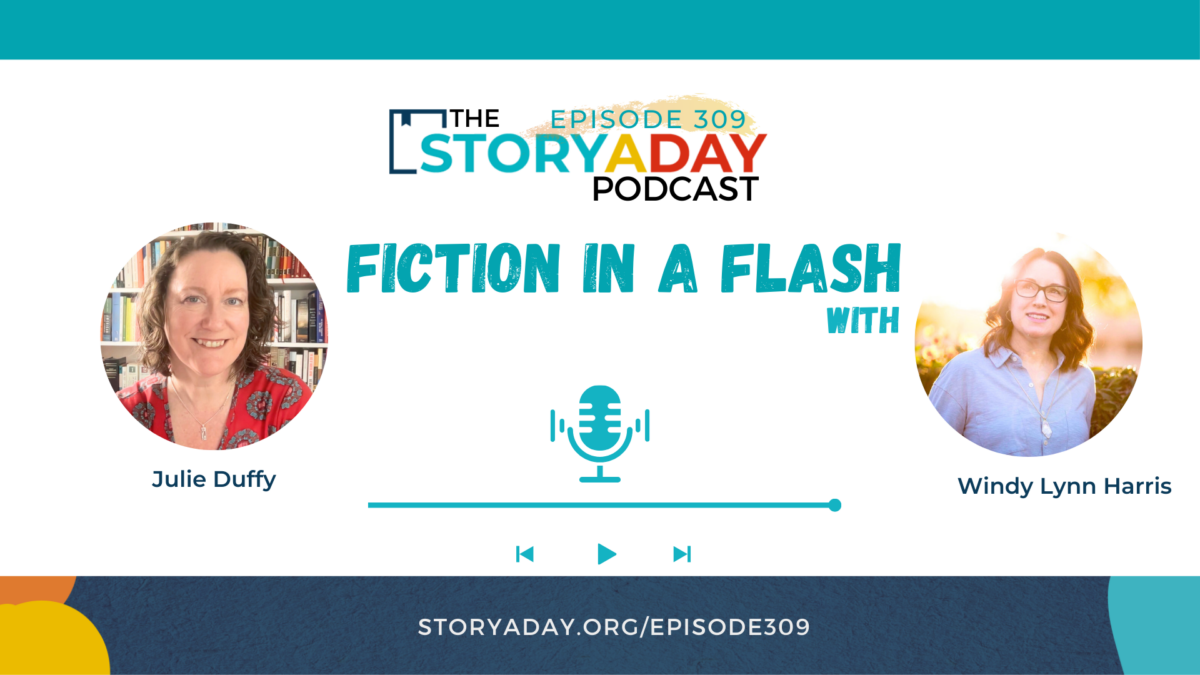
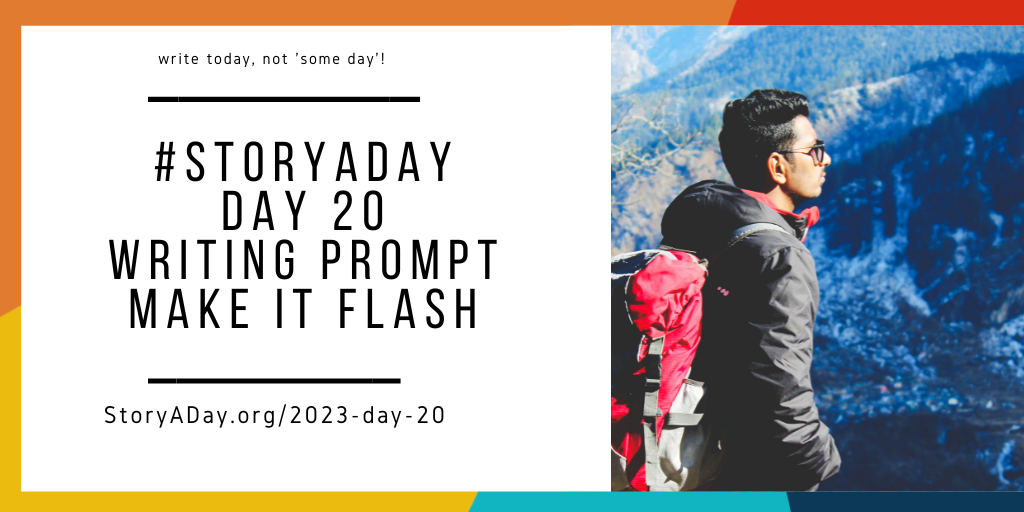
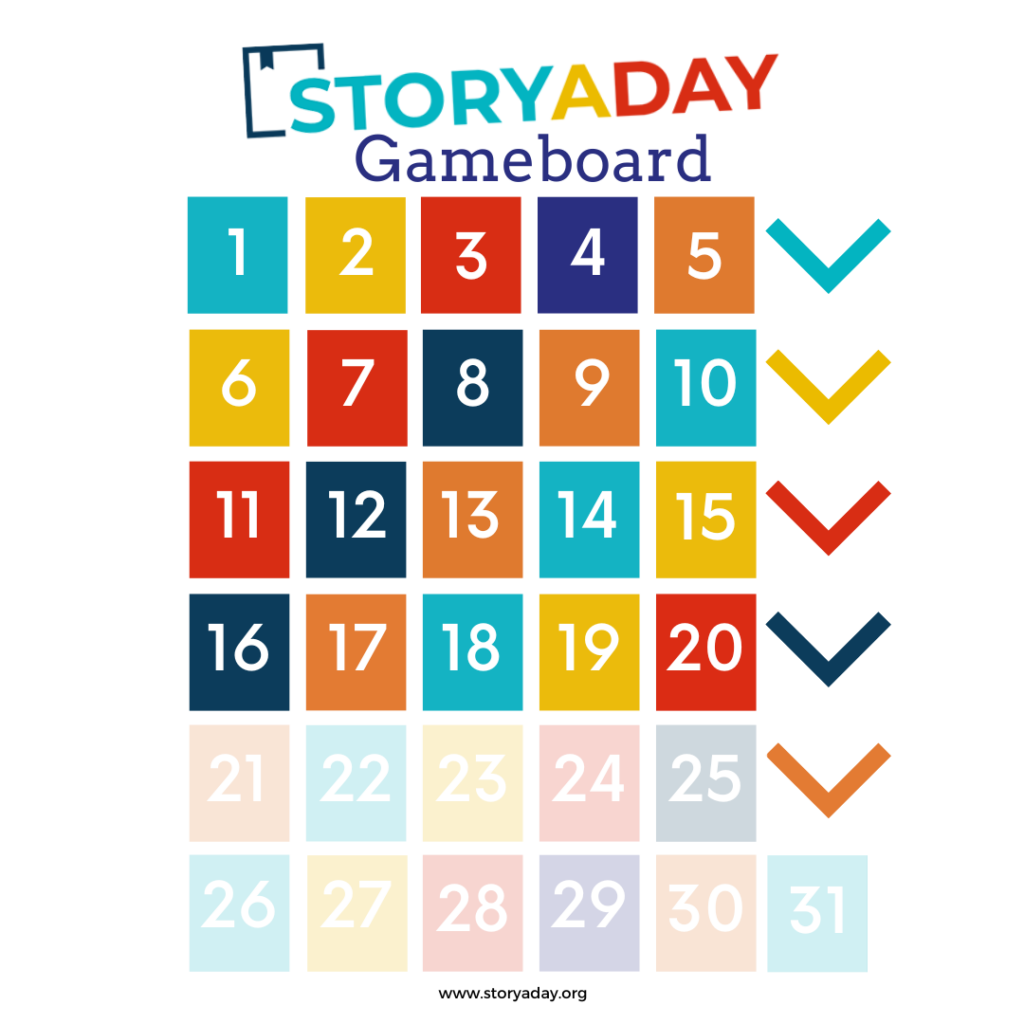
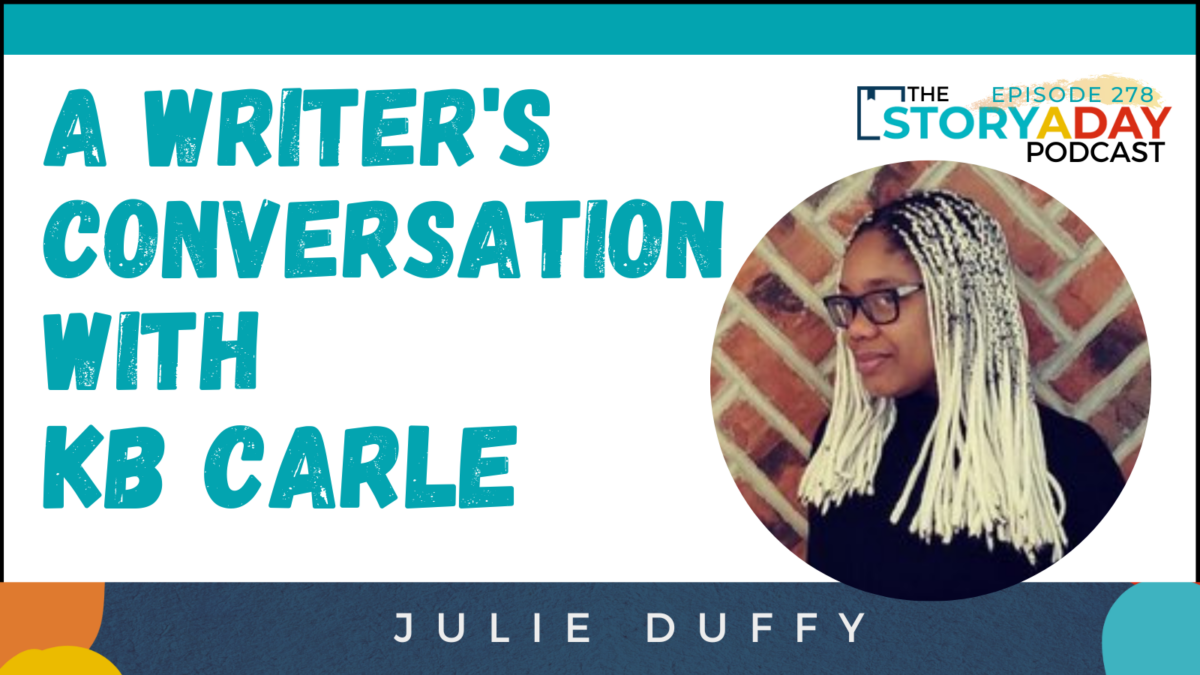
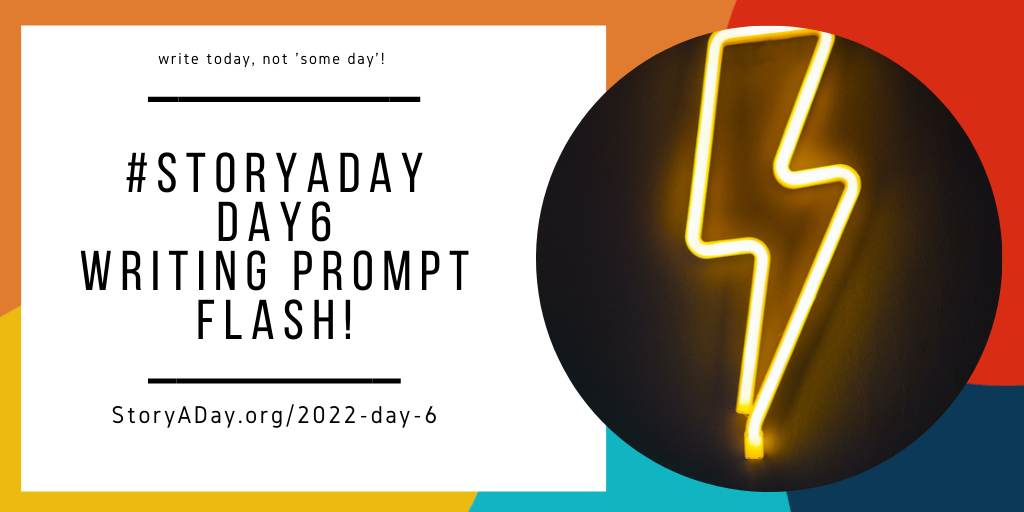
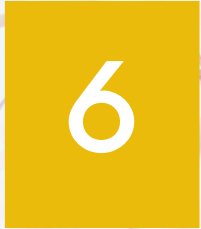
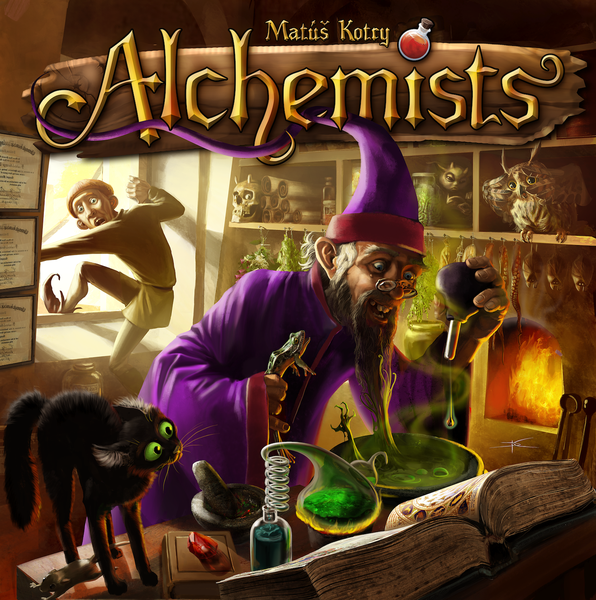




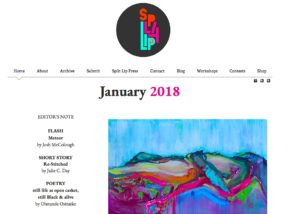




![[Markets for Writers] Six Sentences](https://storyaday.org/wp-content/uploads/2011/02/Screen-shot-2011-02-08-at-12.30.21-PM.png)

